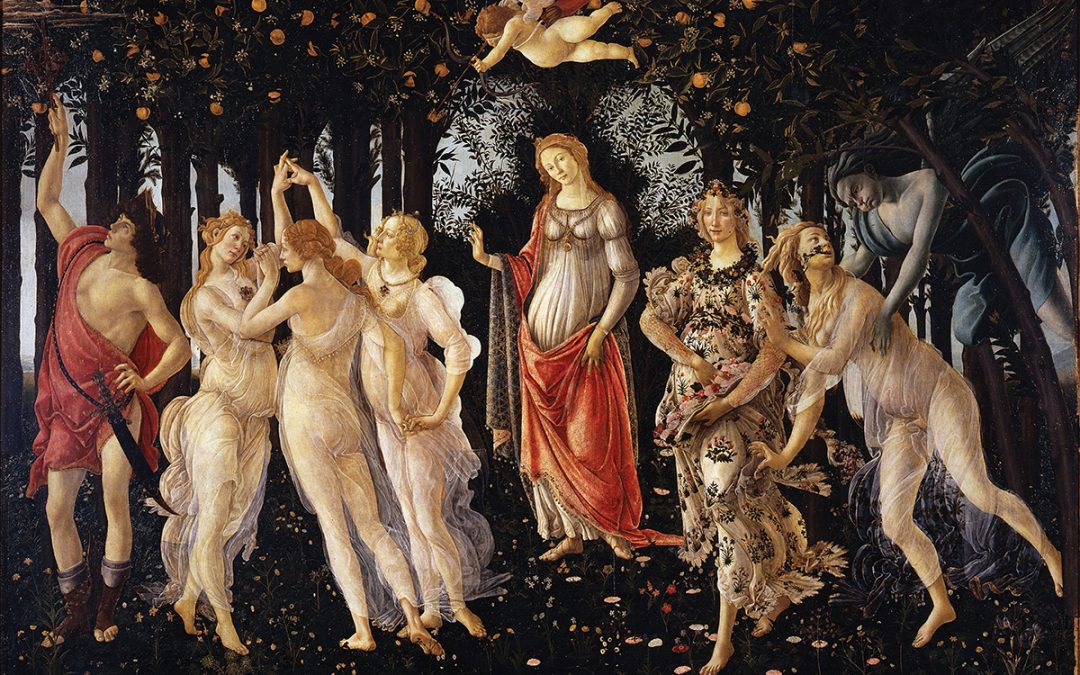Many of us that teach mathematics and natural science have at times considered whether to include a narrative element in our classes, because we know that there is a great story to tell within these subjects. Blaise Pascal was an eminent scientist,...

